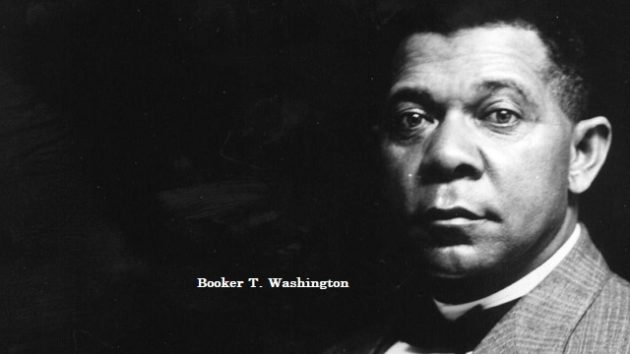


A particularly interesting example of this occurred in 2005, when a user removed Hughes from the magazine’s expanded page. The Review’s Wikipedia page was also edited to remove her multiple times, as I saw in screenshots forwarded to me. In the 2005 Times announcement of Gourevitch’s appointment as editor written by Edward Wyatt, Hughes is described as having succeeded Plimpton as “top editor.” But since then, her name had been excluded from discussion of the Paris Review in not only the New York Times but also in the New Yorker, and in a wide range of articles, announcements, interviews, profiles and biographies relating to the Paris Review’s editors, from a variety of publications in print and online. He succeeded Philip Gourevitch, who succeeded Hughes, who was appointed the second-ever editor of the magazine after Plimpton’s death (and was the first female head editor of the magazine in its then 51-year history), as was mentioned in the profile of her that ran, upon her appointment, in the New York Times. I’ll be happy to see the record corrected on this one.”Īnd now, as of earlier this week, it has been corrected and is on the record at the New York Times: Stein is the fourth editor of the Paris Review, not the third. We’ll correct the piece asap - I’m writing an editor right now. She responded that she didn’t remember the exchange (as it turns out, she didn’t respond to Wilson, but she responded to Champion and the other writer), and added, “Thanks for letting me know of this. I asked about her email from Wilson, pointing out that her piece was now out of step with the other pieces regarding the magazine’s editorial leadership. On Monday, December 11, I sent Bosman an email for a fact check.

Bosman rejected the requests, pointing to the Paris Review’s own exclusion of Hughes on its masthead in support of her decision. Six years ago novelist Antoine Wilson wrote an email to Bosman explaining the need for a correction to the piece, as did at least one other celebrated writer, as did blogger Edward Champion, who tweeted about it at the time. She was also not mentioned in the piece announcing Stein’s successorship of Philip Gourevitch although there was no factual error, she was simply ignored. Brigid Hughes, the editor who succeeded George Plimpton, had been inexplicably left out of the profile. Unfortunately.Īlso unfortunate was the error in Bosman’s piece naming Stein as the third editor to “hold the title in the magazine’s 58-year history, and the second to follow George Plimpton, himself a legendary New York social figure.” Stein was actually the fourth. We now know, between this and Bosman’s piece, even without details of the accusations or reports printed in the Times, or the far worse accusations listed in the “Shitty Media Men” list, that these are glaringly honest portrayals of Stein’s priorities at the helm of the Paris Review. On the other hand, it’s sort of a destination party.”

“On the one hand, it’s a hyper-sophisticated, modernist, avant-garde magazine. “It’s always been two things at once,” he says about the Review. Stein himself admitted it in a cringeworthy 2013 online feature from Refinery29 focused not only on the magazine’s debaucherous parties but also on the interior decor of the Paris Review’s offices and fashion choices of the staffers, who were nearly all women. We also know, by his own admission, that he did not treat literature as the most important thing in the world. He has resigned from the literary magazine and from his editor-at-large position at Farrar, Straus and Giroux in response to the board of the Paris Review’s investigation into sexual harassment allegations and his conduct. We know now that Stein, by his own admission, abused his power with women writers and staff of the Paris Review. In 2011, the New York Times ran Julie Bosman’s energetic and gregarious profile of Lorin Stein, the latest head editor of the famous literary magazine The Paris Review - a position for which she declared, “Bacchanalian nights are practically inscribed in the job description.” The profile portrayed Stein as an intellectual bon vivant who loved parties, party-boy banter, and debating literature as if it were the most important thing in the world. This is a story about a woman who was erased from her job as the editor of the most famous literary magazine in America. Devers | Longreads | December 2017 | 26 minutes (6,577 words)


 0 kommentar(er)
0 kommentar(er)
